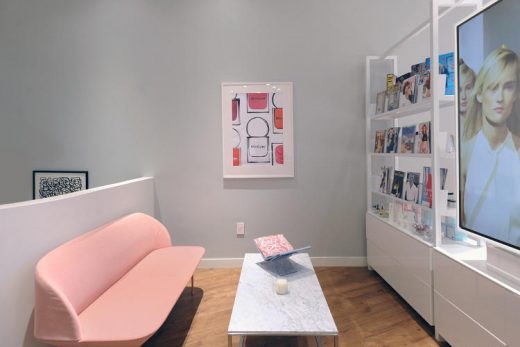The Nail Salon Where Manicurists Get 401Ks And Paid Vacation
Across the country, American women have become accustomed to weekly $12 manicures. But getting your nails done on the cheap is rarely a particularly pleasant experience: Salons tend to be dingy and shabby, the cleanliness of the tools is questionable, and, worst of all, there’s a chance your manicurist might be suffering abysmal treatment by her employers.
A New York Times exposé about the nail industry last year revealed that manicurists tend to be illegal immigrants whose vulnerable status leaves them open to abuse by their employers. Most earn as little as $3 an hour, work up to 12 hours a day, all while inhaling toxic fumes that have been associated with miscarriage and cancer. The series of articles pointed out that poor working conditions are a byproduct of the rock-bottom prices that consumers have come to expect. Salon owners, who are often recent immigrants themselves, struggle to recoup their startup costs and often have to cut corners to make ends meet.
But in Boston, a chain of nail salons called Miniluxe is imagining a different business model for the nail industry, one where customers pay only a little more than the market average—$20—but can sleep soundly at night knowing that their nail technician receives a 401k, paid vacation time, and health insurance.
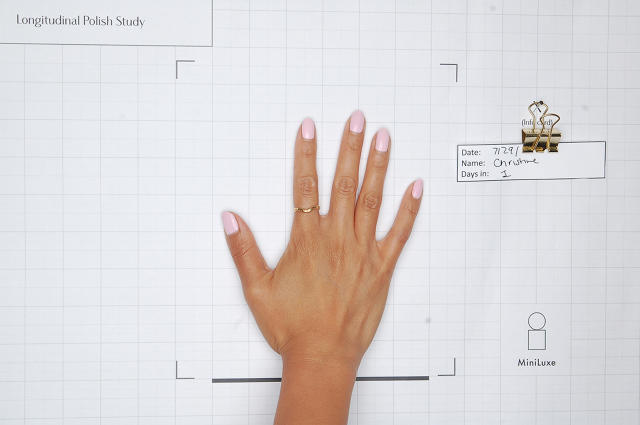
Miniluxe is the brainchild of Tony Tjan, the founder of VC firm Cue Ball Capital. As an investor, he’d spent his career paying close attention to companies that were creating premium versions of everyday products, the way Starbucks was crafting fancier coffees and Sweet Green put a gourmet spin on the lunchtime salad. One day, in 2007, when Tjan was waiting at a stoplight in a Boston suburb, he noticed that there were four nail salons in proximity to one another, and the idea just clicked in his head: “It occurred to me that we could try ‘Starbucking’ the nail salon,” he explains.
Tjan asked his investment research team to learn about the nail industry; they confirmed that nails are indeed a big, thriving business in the U.S. According to research by Nails Magazine, there are 129,682 nail salons around the country, with women spending $8.51 billion on nail services. Nationally, the average price of a basic manicure is $20.20, although that price tends to dip in markets where there is a lot of competition, such as New York City. On the higher end, it is possible to get a luxury manicure at a spa for $60 and up, but these venues account for under 2% of all nail services.
The team also learned more about the darker sides of the industry. The Nails Magazine survey found that 35% of nail workers cannot remember the last time they had a vacation, and 12% earned less than $150 a week. “We saw this as an opportunity to invest in employees, and to redefine the nail salon industry as one where workers promote self-care, starting with themselves,” Tjan says. “To us, this means having self-esteem and self-compassion.”
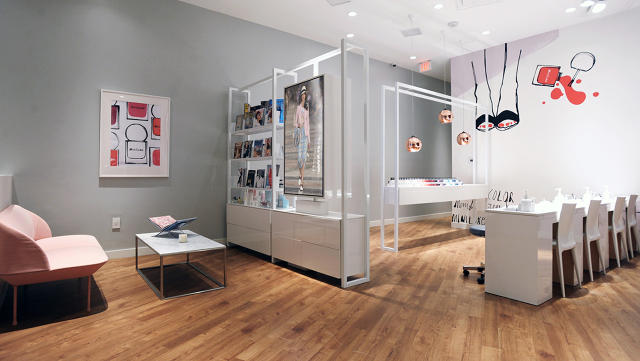
Elevating the salon experience for consumers while also raising industry standards for workers involved rethinking the prevailing business model. As a veteran of the VC world, Tjan thought a nail chain with capital investment would be a game changer. “We began to think, what would happen if we applied our tech and branding backgrounds to the nail industry?” he recalls. “What if we capitalized this business appropriately?”
As Tjan’s team developed the plan for Miniluxe, they determined that initial funds would be used to build elegant salons equipped with surgical-grade cleaning equipment, point-of-sales systems, and backend analytics that predicted how many customers would come in on any given day. Opening multiple salons at once would create new efficiencies: They could buy supplies in bulk and assign workers to locations that happened to be busier. “Revenue is not just a function of price, it’s also a function of how efficient you can be,” Tjan points out. “We use big data to staff our salons effectively. Matching supply and demand has been part of our secret sauce.”
And just like any investment, there would be a reasonable schedule for the business to grow revenue and become profitable. “When you’re trying to build a brand like Miniluxe, it takes a long time because it takes time to prove the model,” he says. “It’s a different time frame than most venture capital firms are used to. Some businesses require a slow roast rather than a microwave.”
Miniluxe opened its first salon in 2007 in the Boston area with $1 million, then raised further rounds to open a dozen other locations in Massachusetts. In 2014, Miniluxe raised an additional $23 million in Series C funding led by Horowitz Group to expand the concept to Texas and soon, Los Angeles.
I recently paid a visit to a location in the Boston suburb of Brookline. The salon had big windows that let in plenty of sunlight. The nail stations and pedicure foot baths are all white, and nail technicians wear white polo shirts embroidered with Miniluxe’s logo. There isn’t the cacophony of colors and chaotic bustle you might find at a typical neighborhood nail parlor. Miniluxe only carries nail products that are free of carcinogenic chemicals, including their own line of non-toxic polishes. Even then, my nail technician wore a mask as she was giving me my manicure. The cost of a basic manicure and pedicure came to $59 before gratuity, which is 20% to 30% more than the average family-owned Boston salon.
Tjan says that getting women to spend a bit more on their manicure has been one of the brand’s challenges. “We’ve had to educate consumers, not just about the hygiene issues,” he says, “but also explaining how important it is for workers to be treated well.”
Miniluxe does not go over the top in explaining these concepts, but it does try to make the point. When describing pedicures, the website states, “We keep it clean with jet-free tubs,” subtly referencing the fact that the whirlpool tubs used in most salons cannot be properly cleaned, which turns them into bacteria-breeding havens. The careers section explains that nail technicians—or designers, to use the company’s terminology—are paid a salary of at least $20 an hour; receive a benefits package that includes health, dental, and vision insurance; and are entitled to monthly bonuses, paid time off, and flexible work schedules.
A big part of what Tjan has been doing over the last nine years is brand building. At a certain point, Starbucks and Sweet Green did not need to justify their higher prices to consumers; people instinctively associated those brands with a premium product and a positive experience. Tjan believes he’s on his way to turning Miniluxe into a “fast casual” experience for the nail industry. While the company is not profitable yet, he says that it is well on its way.
And perhaps more importantly, the brand now means something in the marketplace. When Miniluxe first launched, Tjan says that it was difficult to land real estate contracts in prime locations, like the Prudential Center, Boston’s swanky downtown mall. “Landlords didn’t want to have anything to do with nail salons,” he says. “They immediately thought these places would be atrocious to look at, full of awful smells, and packed with workers who don’t speak English. We had to work hard to show them we were doing something different.”
Miniluxe now has two salons around the corner from each other at the Prudential Center.
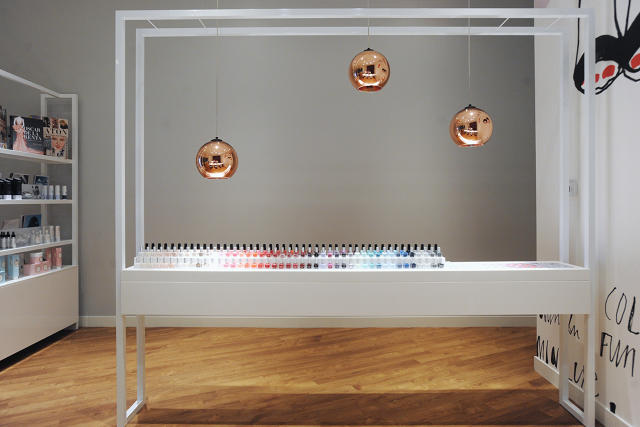
related video: How To Lead A Purposeful Company Toward Social Change
In Boston, a chain of nail salons called Miniluxe is imagining a different business model for the nail industry.
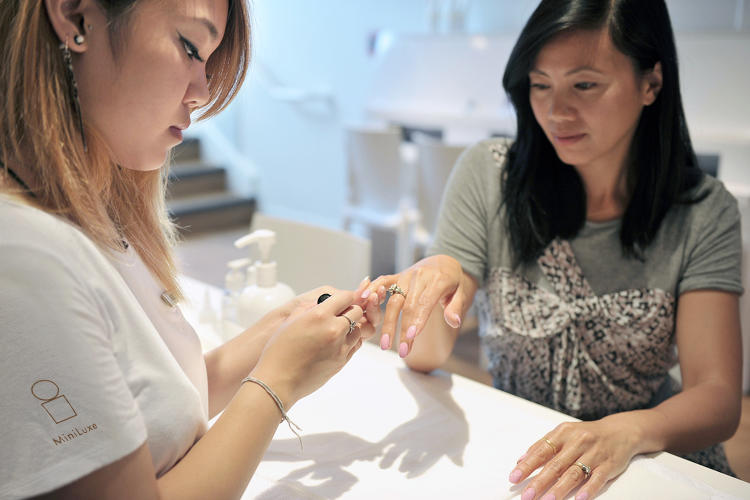
It’s one where customers pay only a little more than the market average—$20—but can sleep soundly at night knowing that their nail technician receives a 401k, paid vacation time, and health insurance.

Miniluxe opened its first salon in 2007 in the Boston area with $1 million, then raised further rounds to open a dozen other locations in Massachusetts.

In 2014, Miniluxe raised an additional $23 million in Series C funding led by Horowitz Group to expand the concept to Texas and soon, Los Angeles.
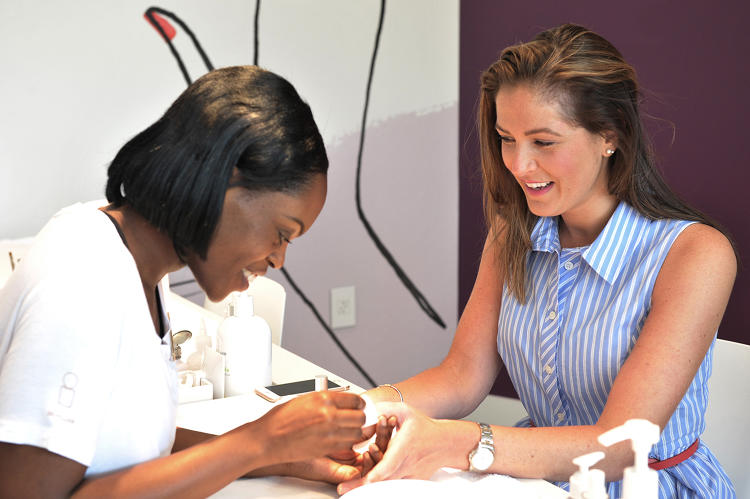
Miniluxe is the brainchild of Tony Tjan, the founder of VC firm Cue Ball Capital.
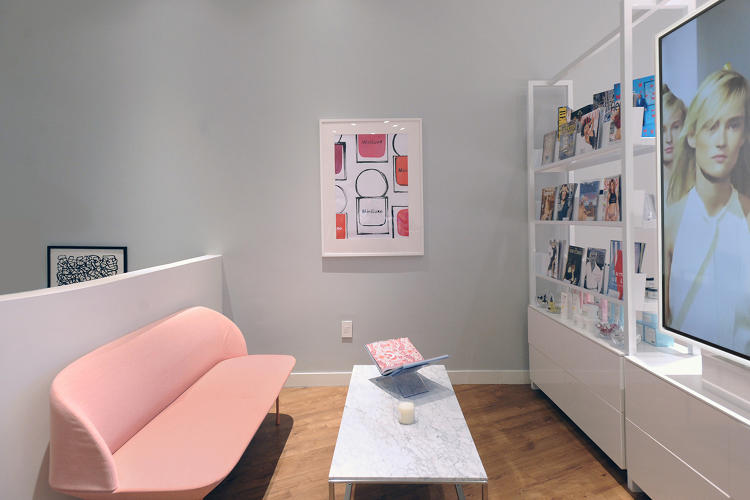
As an investor, he’d spent his career paying close attention to companies that were creating premium versions of everyday products, the way Starbucks was crafting fancier coffees and Sweet Green put a gourmet spin on the lunchtime salad.
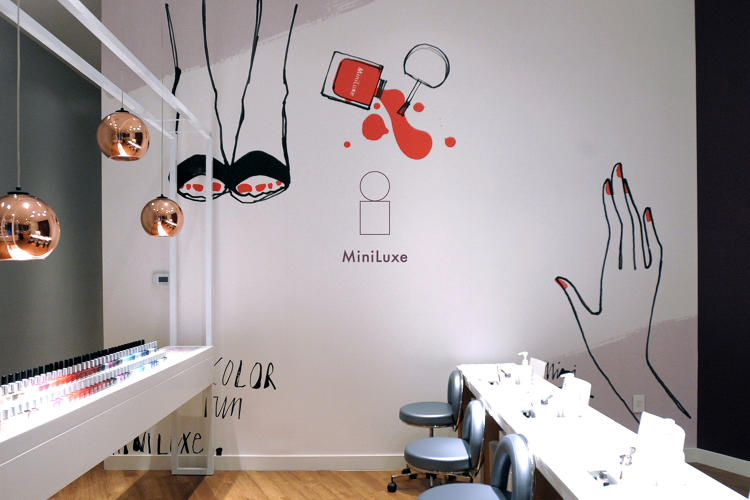
One day, in 2007, when Tjan was waiting at a stoplight in a Boston suburb, he noticed that there were four nail salons in proximity to one another, and the idea just clicked in his head.
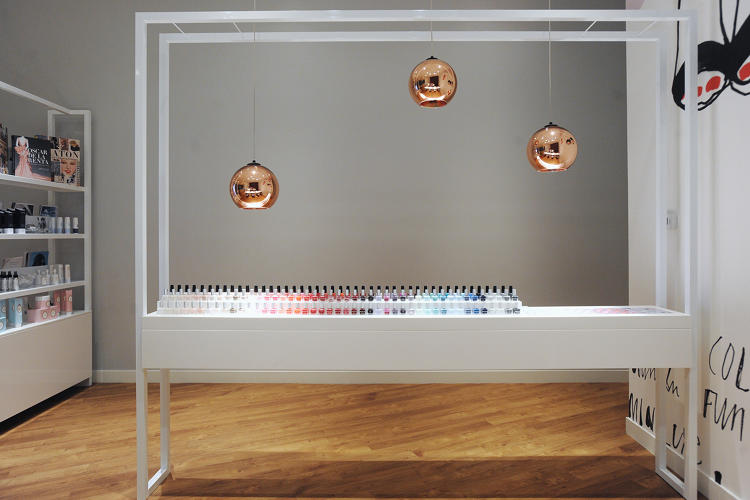
“It occurred to me that we could try ‘Starbucking’ the nail salon,” he explains.
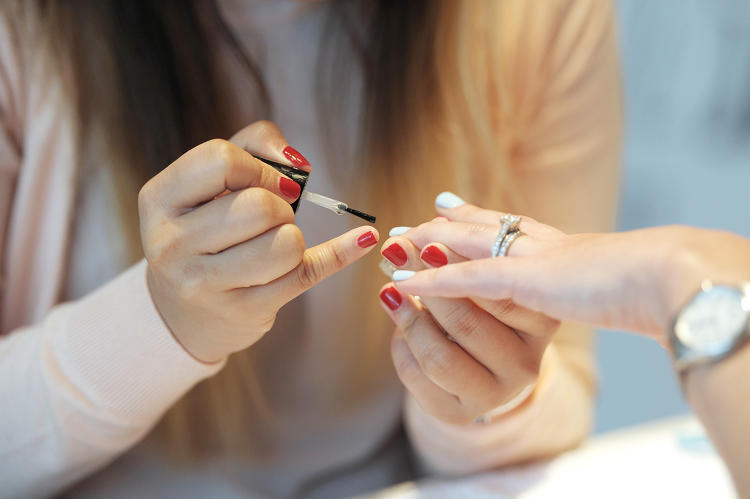
Click on for more pictures of Miniluxe salons.
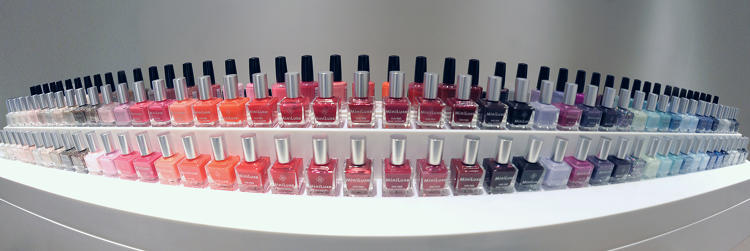
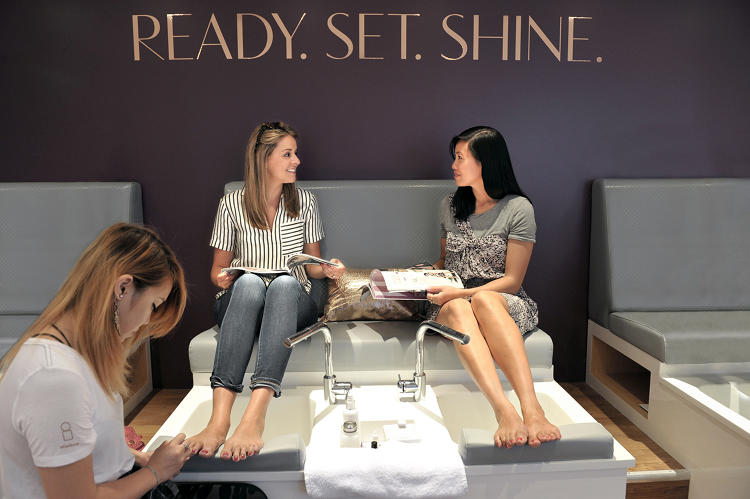
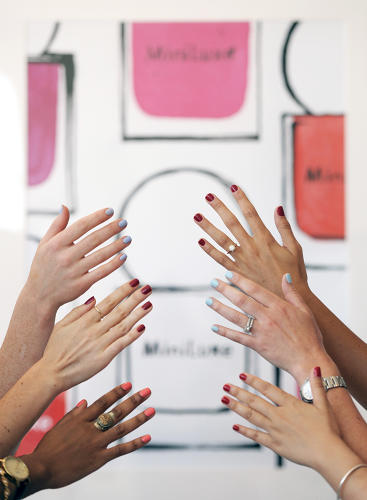
Fast Company , Read Full Story
(32)

